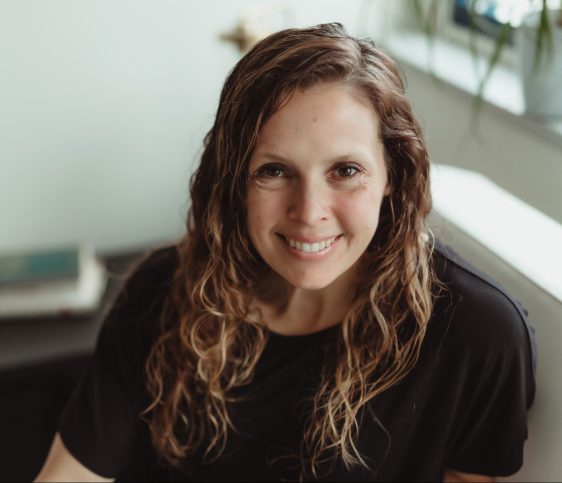Speech Language Pathologist, MS/CCC-SLP | Clinical Associate Professor | Certified Brain Injury Specialist (CBIS)
Department of Communication Sciences and Disorders
Hometown: Jefferson, WI
Talks:
Children and Adults with Communication Disorders
Supporting Communication with Stroke Survivors
Scary? NOT Scary! Supporting Children and Adults who use Communication Devices to Speak
Some adults and children with disabilities communicate through the use of augmentative and alternative communication (AAC) or other ways of communicating, such as devices, pictures and sign. In addition to the challenges of these individuals in learning how to use these systems, they rely on their communication partners to support them in using their “voice”! This session provides basic information on communication devices and systems that people with adults and children with disabilities may use. Simple and effective strategies for communication partners will be shared.
This topic applies to children with developmental disabilities, such as Down Syndrome and Autism Spectrum Disorder. This also applies to adults with acquired injuries, such as stroke, brain injury and neurodegenerative diseases.
The Fields of Speech Language Pathology and Audiology
This talk is designed to educate middle and high school students, as well as undeclared college students, on the fields of speech language pathology and audiology.
Persistent Post-Concussive Symptoms: Healing After Concussion
Concussions, or mild traumatic brain injury, are caused by a bump, blow, or jolt to the head or body, causing trauma or damage to brain cells. This results in chemical changes in the brain. Despite not being life-threatening, the effects of a concussion can be serious. Symptoms of a concussion can be acute and resolve quickly, while others experience persistent changes and difficulties for days, weeks or months following the injury. The purpose of this talk is to educate the audience about persistent symptoms following concussion and management of those symptoms in order for individuals to return to life, return to learn and return to play.
